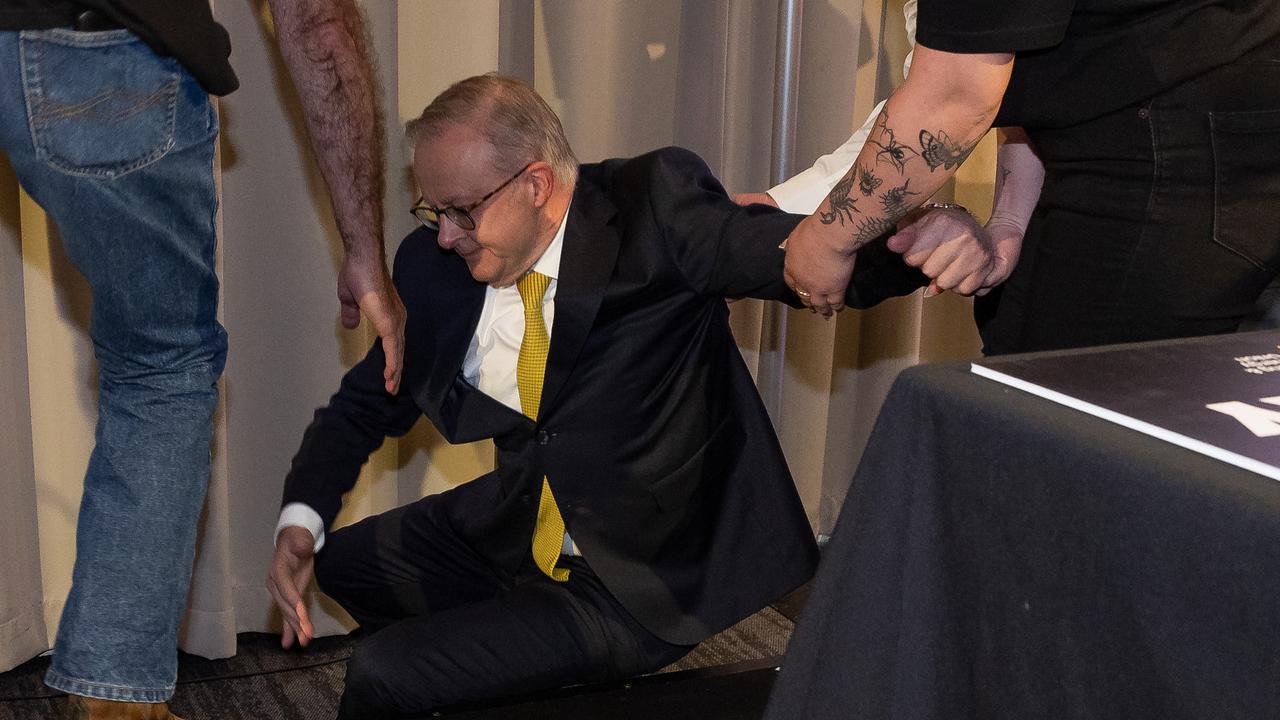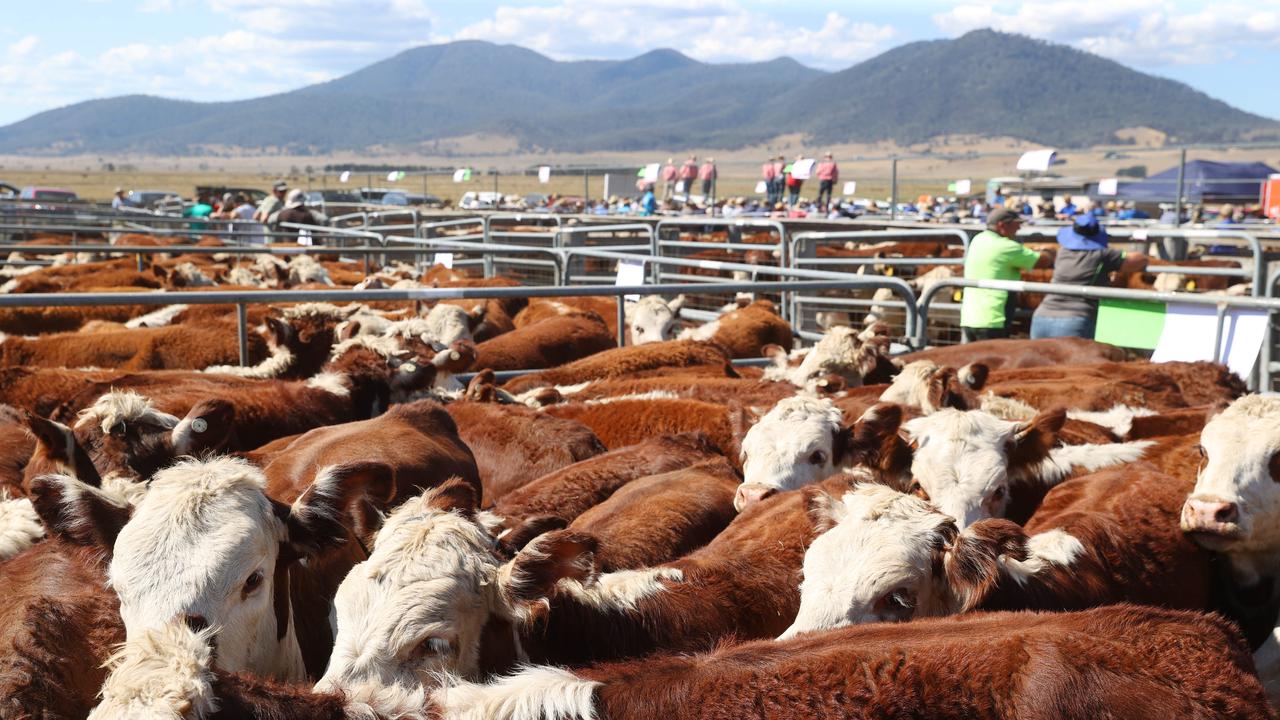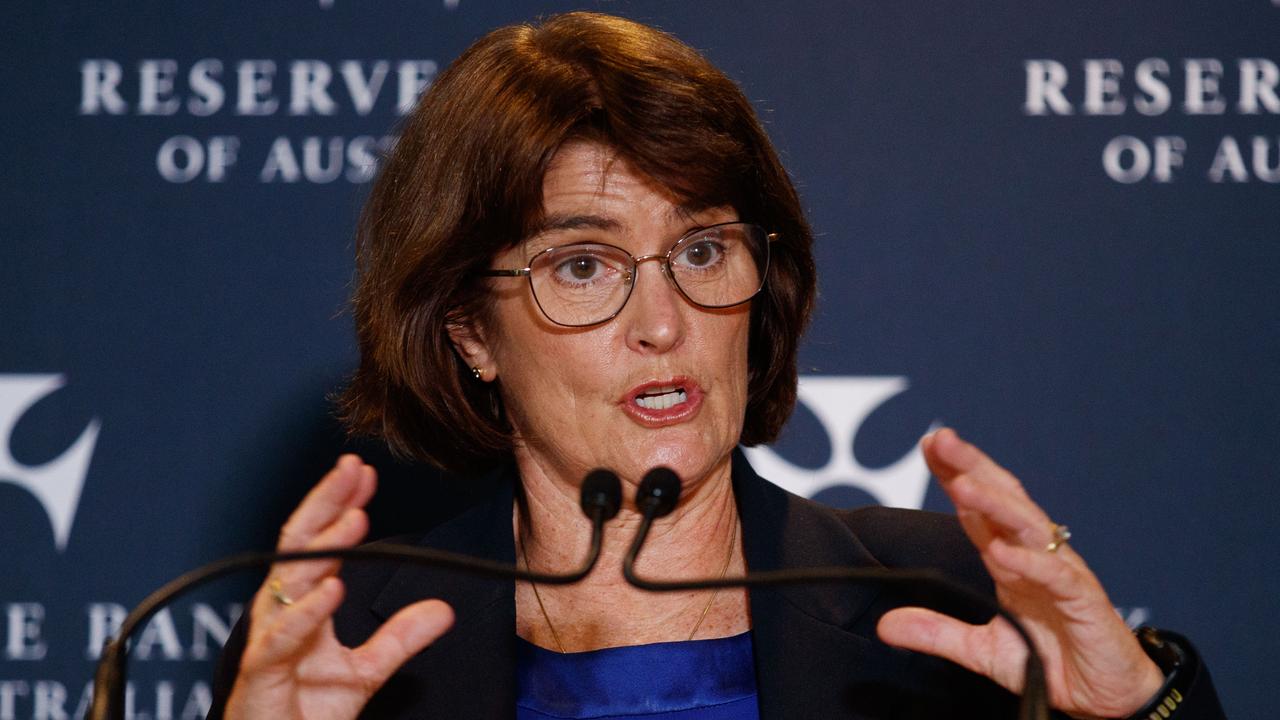‘Probably not’: Peter Dutton’s $50,000 promise divides Sydney
News.com.au has hit the streets of Sydney to find out what Aussies really think about one hot topic.

Australia’s housing crisis is relentless, but Sydneysiders aren’t prepared to sacrifice their superannuation to buy – at least most of them aren’t.
The median house price in Sydney is over $1.6 million, and according to realestate.com.au, the median unit price is now just over a million.
When you add in the fact that the median wage in Australia is hovering below $100,000, the maths doesn’t add up.
Locals aren’t making enough to save up for a house unless they’re prepared to work towards it for years.
Even then, unless the deposit is huge, most people can’t afford to borrow over 800,000 and service that mortgage.
Couples have a better chance because they can combine incomes, but single people are really stuck between a rock and a hard place.

This reality is particularly sad when you consider that NewsCorp’s Lighthouse consumer sentiment tracker collected data this year that found Gen Z is the most likely generation to invest in real estate, with 36 per cent of them keen.
Almost a third of millennials - 30 per cent - follow, whereas 41 per cent of Baby Boomers are more likely to invest in term deposits.
Housing is a huge concern among young people, and Opposition Leader Peter Dutton has listened.
One of his major election promises is to allow first-time home buyers to withdraw from their superannuation to buy a home.
Mr Dutton said the policy has stemmed from his goal to restore “the dream of home ownership” in Australia.
“Entering the property market shouldn’t be limited to those who can rely on the bank of mum and dad,” he said.
“That’s why a Coalition Government will allow Australians to access up to $50,000 of their super to buy their first home. And we will extend that policy to assist separated women.”
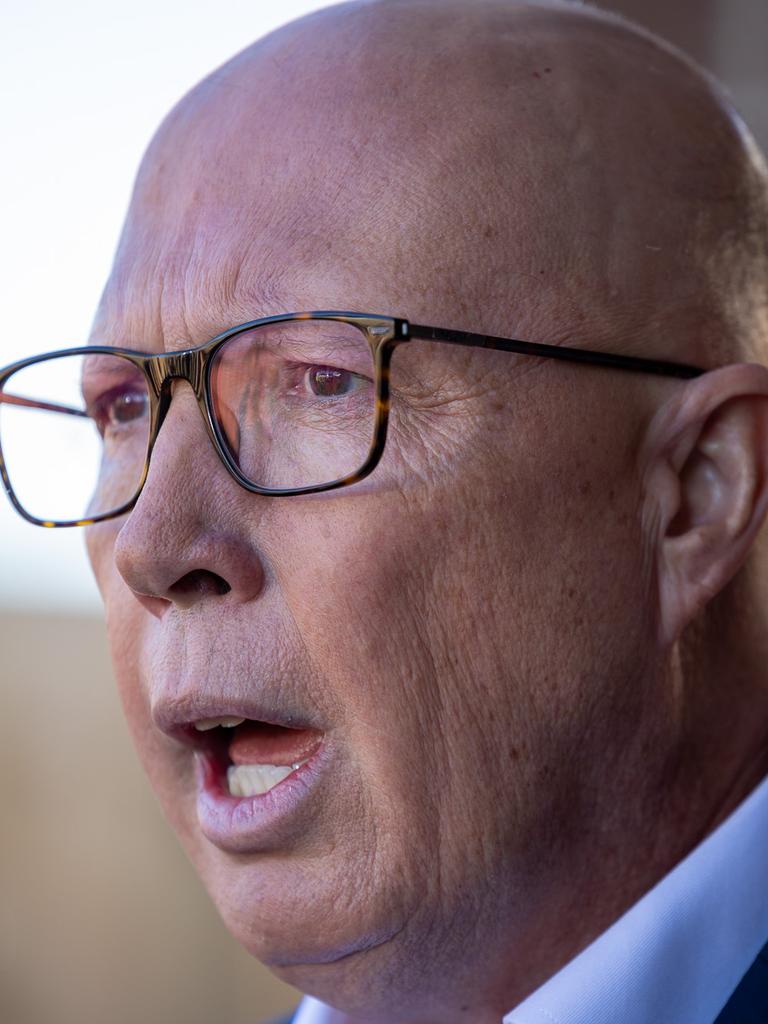
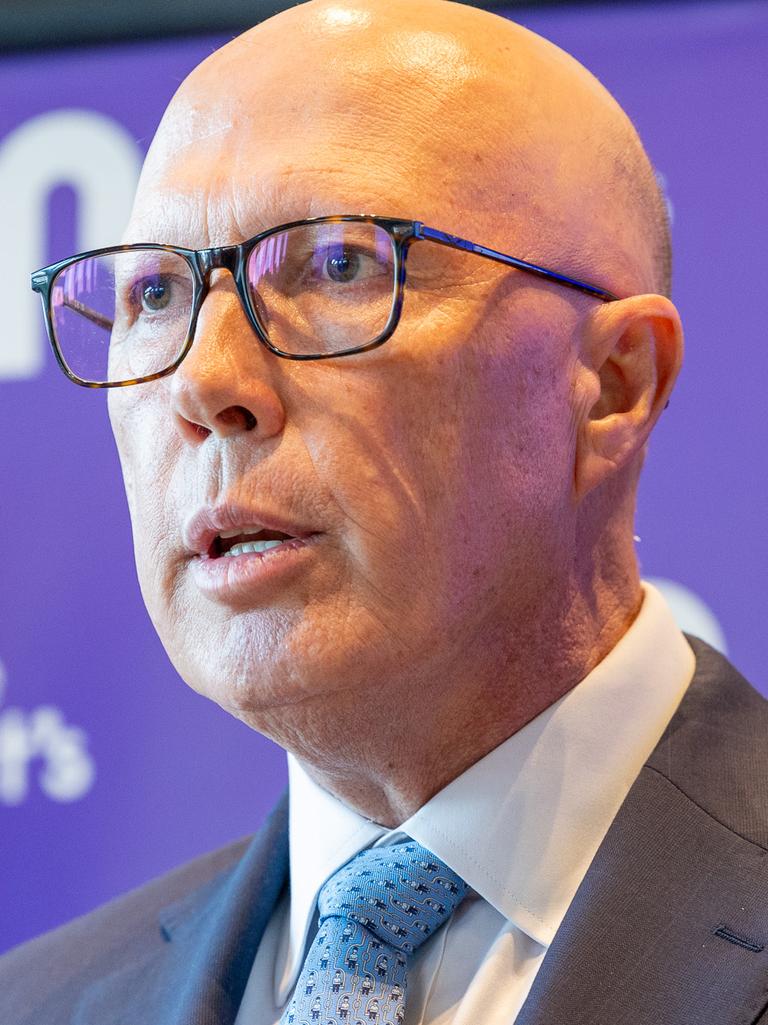
However, whennews.com.au hit the streets of Sydney’s inner west, most young Aussies weren’t convinced by the idea of having to take money from their superannuation to buy a home.
One man admitted if he had the option to withdraw $50,000 from his superannuation, it wouldn’t tempt him.
“I probably wouldn’t because it kind of feels like safety net for when I do eventually retire,” he explained.
The man added that withdrawing money for a problem that was happening right now just felt “premature” and, therefore, unappealing.
Another young Aussie also adopted the “probably not” Gen Z party line and explained that it just “doesn’t sound like a good idea”.
“It doesn’t seem like I’d have enough money to live-off when I’m old,” he said.

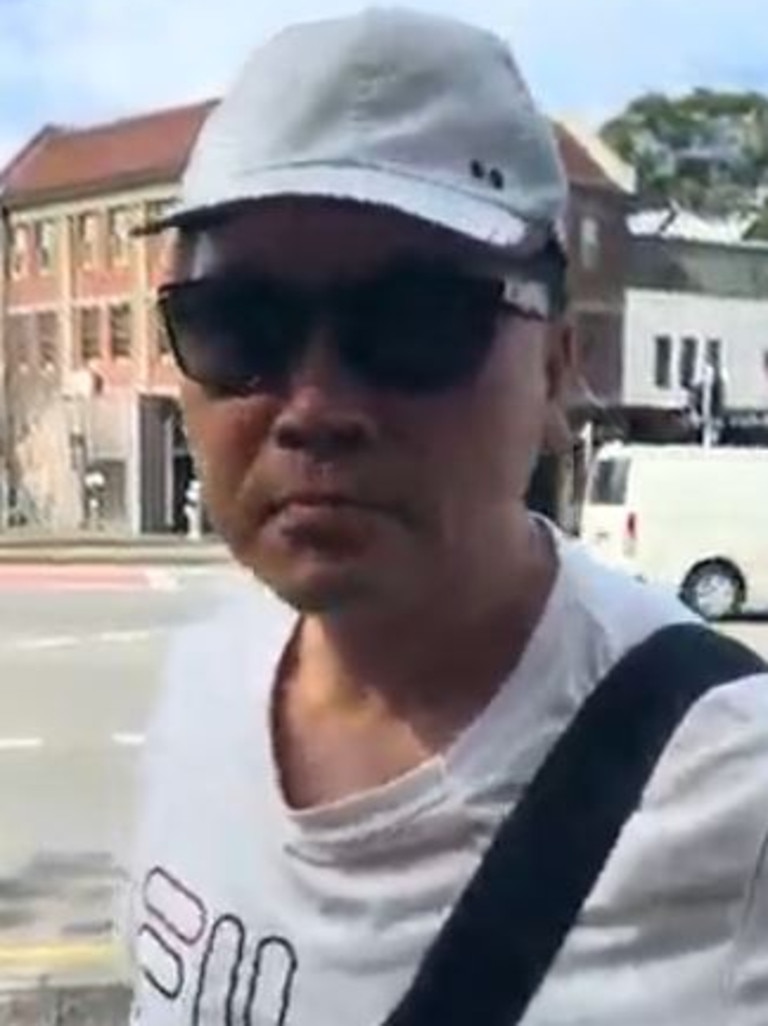
An older gentleman was completely bemused by the $50,000 superannuation question because he felt that with house prices now reaching over a million, it wasn’t relevant for people in Sydney.
“Could they buy a home with $50,000? I seriously doubt that,” he said, and then swaggered away.
One Aussie didn’t bother with an explanation and hit news.com.au with a simple but brutal “no” when asked if he’d withdraw from his superannuation to buy.
Another Gen Z also responded to news.com.au with a “probably not” when asked if she’d take from her superannuation.
She said she wanted to “save it for something in the future” and not blow it all in 2025.


Some people were sold.
A retired man who owns multiple properties said he “absolutely” would withdraw from his superannuation because it’d ensure he’d “never be homeless”, and housing is a tax-free asset.
A young girl who hasn’t worked long enough to actually amass any superannuation said she “supposed” she would if she could.
Her reasoning? Because she assumed the “house will go up in value.” Of course, your superannuation does, too, if you don’t withdraw from it.
One Aussie responded enthusiastically, “Yeah, for sure,” and added it would be a “really good option” because it is “virtually impossible” to buy in 2025 and a great way to help young people.

Financial expert Julian Finch said withdrawing from superannuation “isn’t a real solution” to the housing crisis.
“It isn’t a solution in as far as, it is only a demand side remedy. It is going to push the cost of houses higher,” he told news.com.au.
“People that aren’t in the property market will become eligible and without the production of new houses and units, we’ve just got more buyers in the mix but without more supply.”
Mr Finch argued that all that means is that “prices will go,” which could mean that even people allowed to dip into their superannuation might find they won’t be able to service a loan.
“Both sides of government have this infinity with ‘how can we help people into the property market?’ This is noble, but we must work out how to increase supply. That is the only solution,” he said.
Mr Finch said it is complicated because, while he is sympathetic to young people and wants them to have more affordable options to buy, it is a catch-22.
“I feel sorry for young people, and I want housing to become more affordable but I don’t want my house to become more affordable,” he argued.
“We want housing to become more affordable but we don’t want to diminish the value of the properties people have brought because that makes homeowners poorer.”




